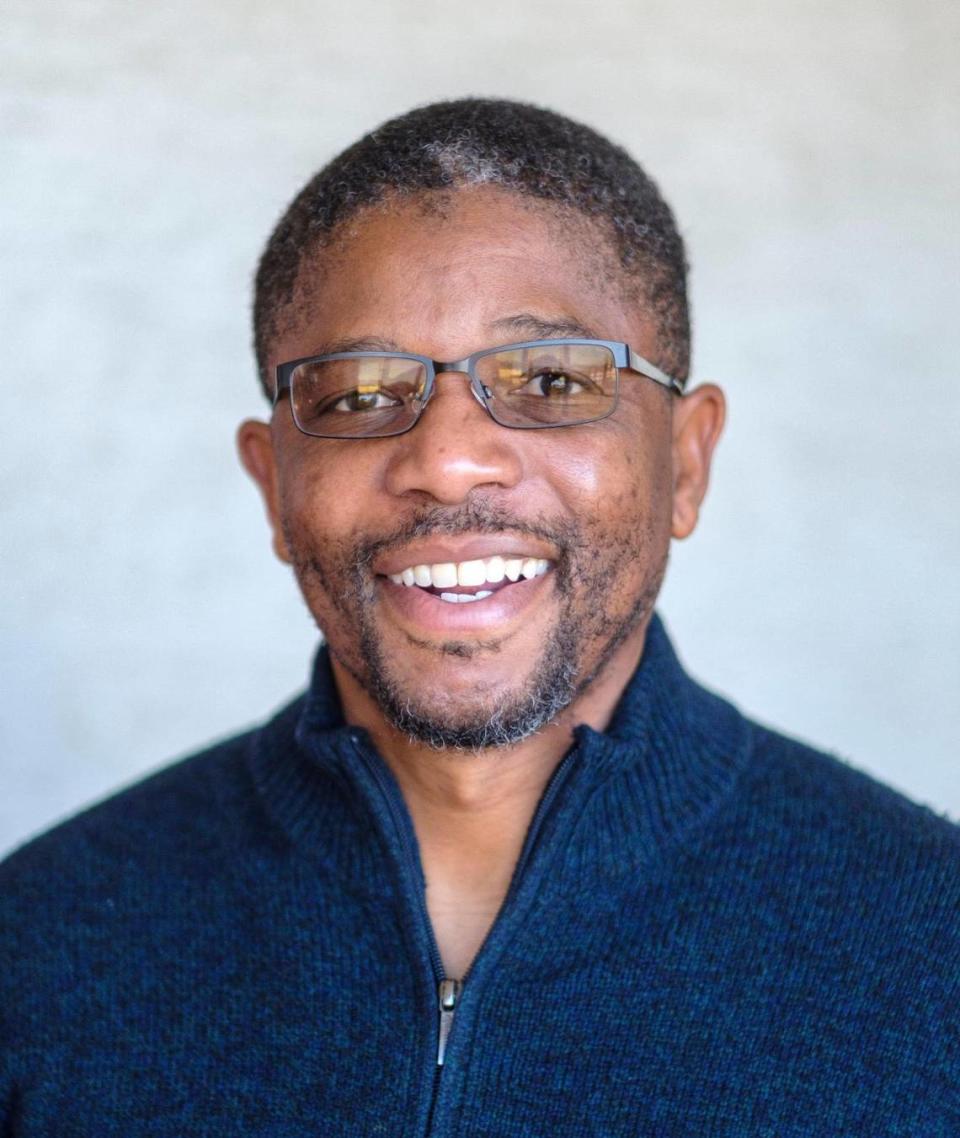After my own life-altering diagnosis, here’s how I see the ‘Biden-Trump too old’ debate | Opinion
- Oops!Something went wrong.Please try again later.
- Oops!Something went wrong.Please try again later.
I recently had a seizure near the end of a class I was teaching. It was during the lecture portion of my “Debate & Deliberation” course at Davidson College.
During the next session of the same course, we discussed the potential political ramifications of the special counsel’s description of President Joe Biden as a forgetful, elderly man. I asked my students if they had ever seen me have a seizure. They each confidently answered “no,” an answer that would provide fertile ground upon which I could further root in a lesson I had been teaching all semester: that it’s unwise to jump to definitive conclusions about complex issues based on incomplete information.
Could they determine if Biden was “too old” to serve again, as many have argued or questioned, based on the president’s much-discussed verbal stumbles? Could they determine if Donald Trump, the likely GOP nominee and only a few years Biden’s junior, was healthy enough to survive by basing their judgment on a series of bizarre statements by the former president and his height-to-weight ratio?

My students knew I had been diagnosed with epilepsy, a journey that began in September when a massive seizure put me in the hospital for four days with a dislocated and fractured shoulder. It has required surgery and a never-ending parade to the hospital and to doctor’s and physical therapist’s offices. I’ve instructed my students on what to do if I have a major seizure in class. Their idea of an epileptic seizure was what I had also believed before September — that it’s always obvious to the outsider, akin to a fish flopping wildly on a boat after being pulled from the water.
They knew nothing about “auras,” or mini-seizures that manifest themselves differently in each person. Some happen while you’re conscious. Others leave blank spaces in your memory. I know of epileptics whose brains conjure smells that aren’t there. Mine sometimes cause deja vu or send an overwhelming flood of incomprehensible images through my mind for maybe 10 seconds.
Before September, I had been having such episodes a few times a week but did not know what they were. I had been profoundly ignorant about the complexity of epilepsy without knowing I was profoundly ignorant about that still-mysterious medical condition which affects about 1% percent of the population.
The seizure I had in class was mild enough to not be noticeable to students, but strong enough to nearly knock me to the floor. I lectured through it by clinging tightly to the podium until it passed. When I later told students what happened, it was as though light bulbs went off throughout the classroom. Real life teaches in ways not even the perfect lecture ever could.
The epilepsy diagnosis has changed my life. I’ve modified how I teach, sitting down more often to preserve energy and minimize unnecessary stress, gave up jobs I knew I could no longer do consistently well because epilepsy is unpredictable, and I moved into the passenger’s seat in my own vehicles and let my wife and daughter drive most of the time.
It’s not my age that forced those changes; I’m about three decades younger than Biden and Trump. I’ve had to adjust to unfolding, still hard-to-understand health realities.
That’s the lens through which I view the Biden-Trump “too old” debate, and Mitch McConnell’s decision to soon step down as the GOP leader in the U.S. Senate. That move wasn’t necessitated by his age, but by obvious health changes that have made themselves known, including concerning public episodes.
Neither Biden nor Trump has displayed equally-obvious and concerning public health episodes. But because health and age are correlated, it makes sense to ask the two men most likely to lead the most powerful nation on Earth for the next four years to submit to complete-independent health exams and release the results. The public should not be forced to make such a profoundly important decision based solely on the incomplete information currently available to us.
Issac Bailey is a Carolinas opinion writer for McClatchy.

